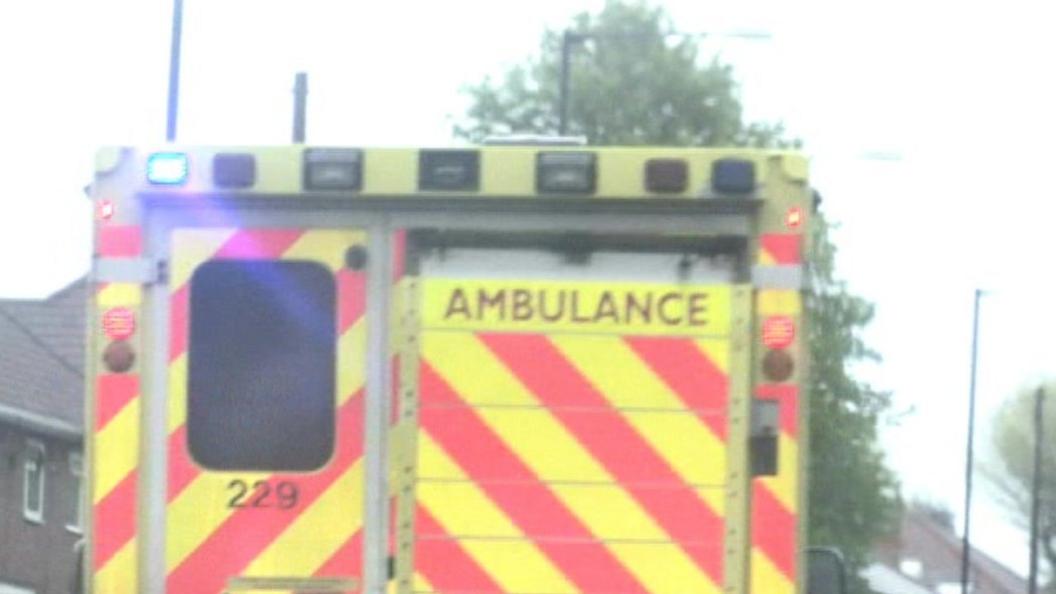A&E delays thousands of ambulances and patients
- Published
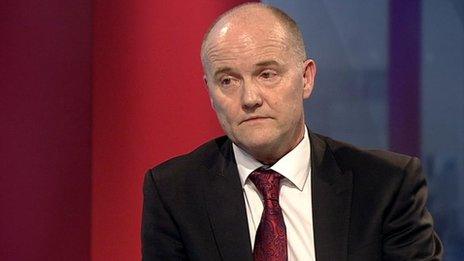
Prof Chris Gray said University Hospital of North Durham struggled to deliver
Delays in handing over thousands of patients to accident and emergency departments are seriously impacting on the North East Ambulance Service (NEAS), the BBC has learned.
During six months last year it recorded 10,599 delays, 196 over two hours.
Paramedics are left unable to respond to waiting 999 calls.
Most delays happened at the University Hospital of North Durham (UHND), which admitted some patients had an "appalling process of care".
Paramedic Jane Bramley said: "We're tied up, so the emergencies are stacking up, waiting for us to clear at hospital."
One report seen by BBC Look North health reporter Sharon Barbour highlights 126 "serious incidents" - delays over two hours - 71 of which were at UHND.
'Appalling process'
County Durham and Darlington NHS Trust medical director Chris Gray said UHND was designed for 30,000 annual attendances at A&E but was seeing 63,000.
"They [patients kept waiting] have an appalling process of care and for that we are very, very sorry," Prof Gray said.
"Our staff are working very, very hard. They work way beyond their contracted hours, the same as the ambulance staff, but the stark reality is that the numbers who present at our front door are really challenging."
He said NEAS could share the workload more fairly.
"They know that they have ambulances waiting outside our hospital - and still they come," he added.
Hospital officials said they did not believe any patient had been harmed by delays but was investigating waits of more than two hours. They are looking at solutions such as reallocating staff and beds.
NEAS chief executive Simon Featherstone said they were working with the hospital.
"We have ongoing dialogue with Durham. We put an ambulance liaison officer, at crucial times, into their emergency department in order to help with the handover of ambulance patients into the acute hospital."
Sharon Barbour has seen documents showing hundreds of ambulance patients had to be diverted to other hospitals in the last few months.
Health watchdog the Care Quality Commission said there was a responsibility to meet "essential standards of quality and safety" and that it would take "appropriate action" if a provider fell short.
A representative said: "It is important that hospitals, commissioners and ambulance services work together to reduce turnaround times and prevent avoidable diverts."
- Published6 June 2014
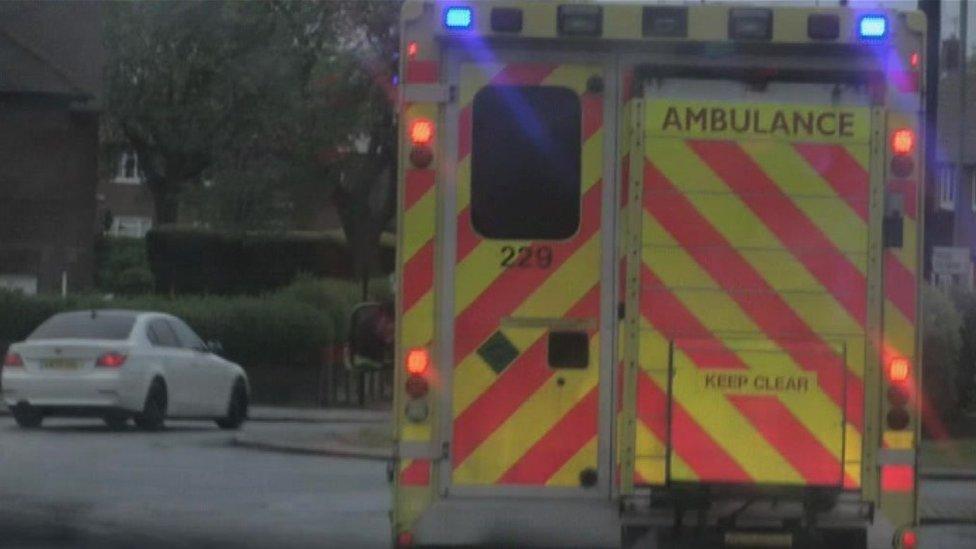
- Published5 June 2014
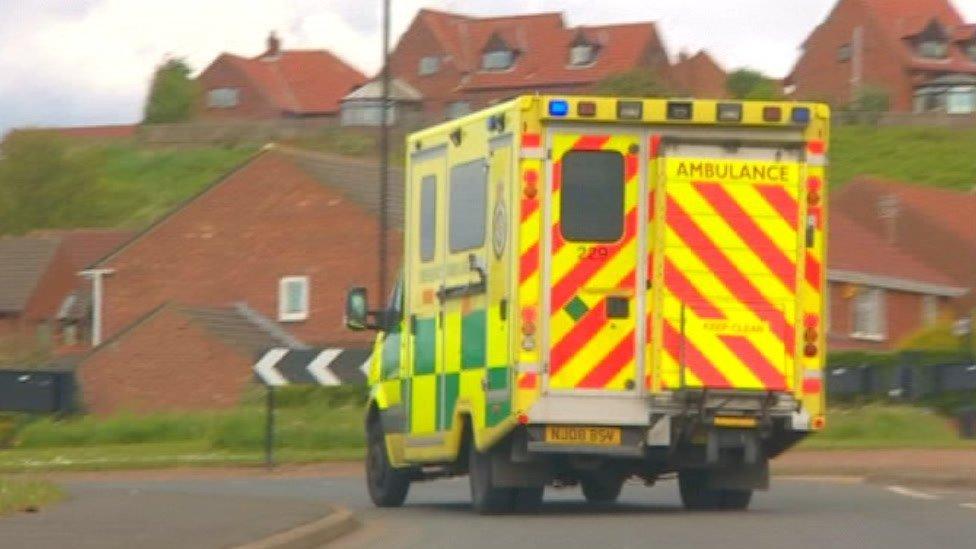
- Published3 June 2014
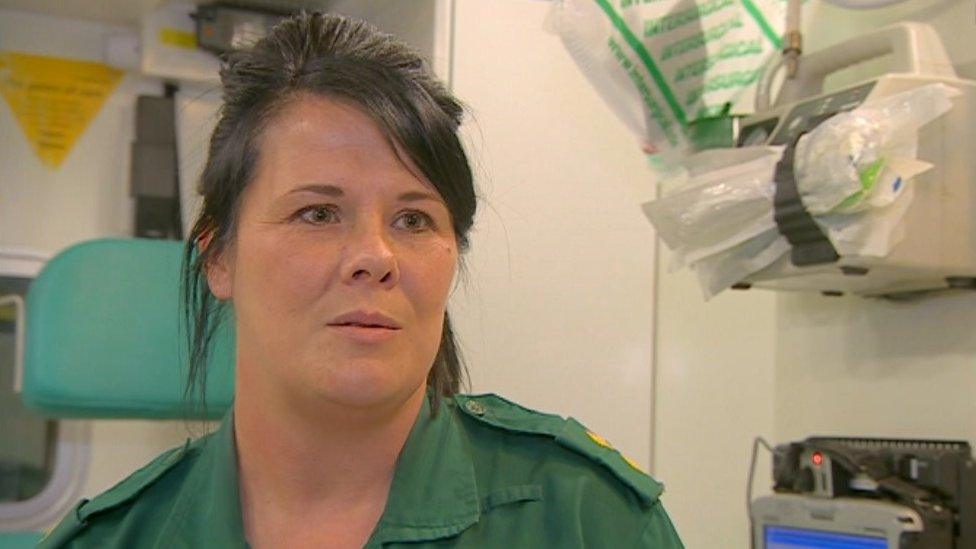
- Published3 June 2014
